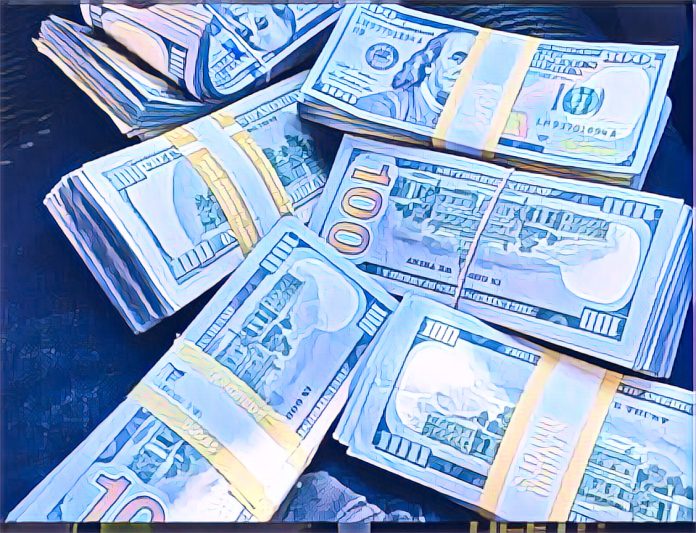In a move to counter the spiraling value of the naira, the Nigerian Federal Government has unveiled plans to amass $10 billion, aiming to boost liquidity in the foreign exchange market. This announcement comes in the wake of the naira hitting a record low of 1,850 per dollar in the parallel market, signaling urgent action to stabilize the economy.
The strategy was disclosed by President Bola Tinubu, represented by Vice President Kashim Shettima, during the inaugural Public Wealth Management Conference in Abuja. The conference, themed “Championing Nigeria’s Economic Prosperity,” was organized by the Ministry of Finance Incorporated, focusing on leveraging federal assets and investments to spur economic growth.
Stanley Nkwocha, Senior Special Assistant to the President on Media & Communications, outlined the government’s vision in a statement, highlighting the crucial role of foreign exchange liquidity in stabilizing the naira and fostering overall economic development. “By efficiently managing federal assets and stimulating GDP growth, the government aims to enhance Nigeria’s economic landscape over the next eight years,” Nkwocha noted.
Transparency, accountability, and innovative investment strategies are at the heart of this initiative, with the administration betting on improved corporate governance and alternative investment capital to boost returns. These funds are expected to be channeled into critical sectors such as education, healthcare, and infrastructure, driving significant socio-economic progress and job creation, especially for the youth.
However, the challenge of exchange rate volatility remains, as seen in the fluctuating prices in Abuja’s currency markets, despite reinforced security measures. Bureau de change operators like Ibrahim Taura express concerns over the potential for rates to plummet further without effective intervention. “There’s a palpable demand for dollars, but without stabilization measures, we risk seeing rates fall to unprecedented lows,” Taura said.
On the brighter side, the official market saw a slight appreciation of the naira, attributed to an increase in forex turnover, showcasing some resilience amidst ongoing challenges. This improvement follows a period of consistent weakening in the Nigerian Autonomous Foreign Exchange market, underlining the complex dynamics of Nigeria’s forex landscape.
The backdrop to this forex shortage includes declining oil production and reduced foreign inflows, elements that have compounded the economic strain. The Central Bank of Nigeria’s decision to float the naira, aiming for a unified forex market, has also played a part in the currency’s devaluation, setting the stage for the government’s latest intervention.



